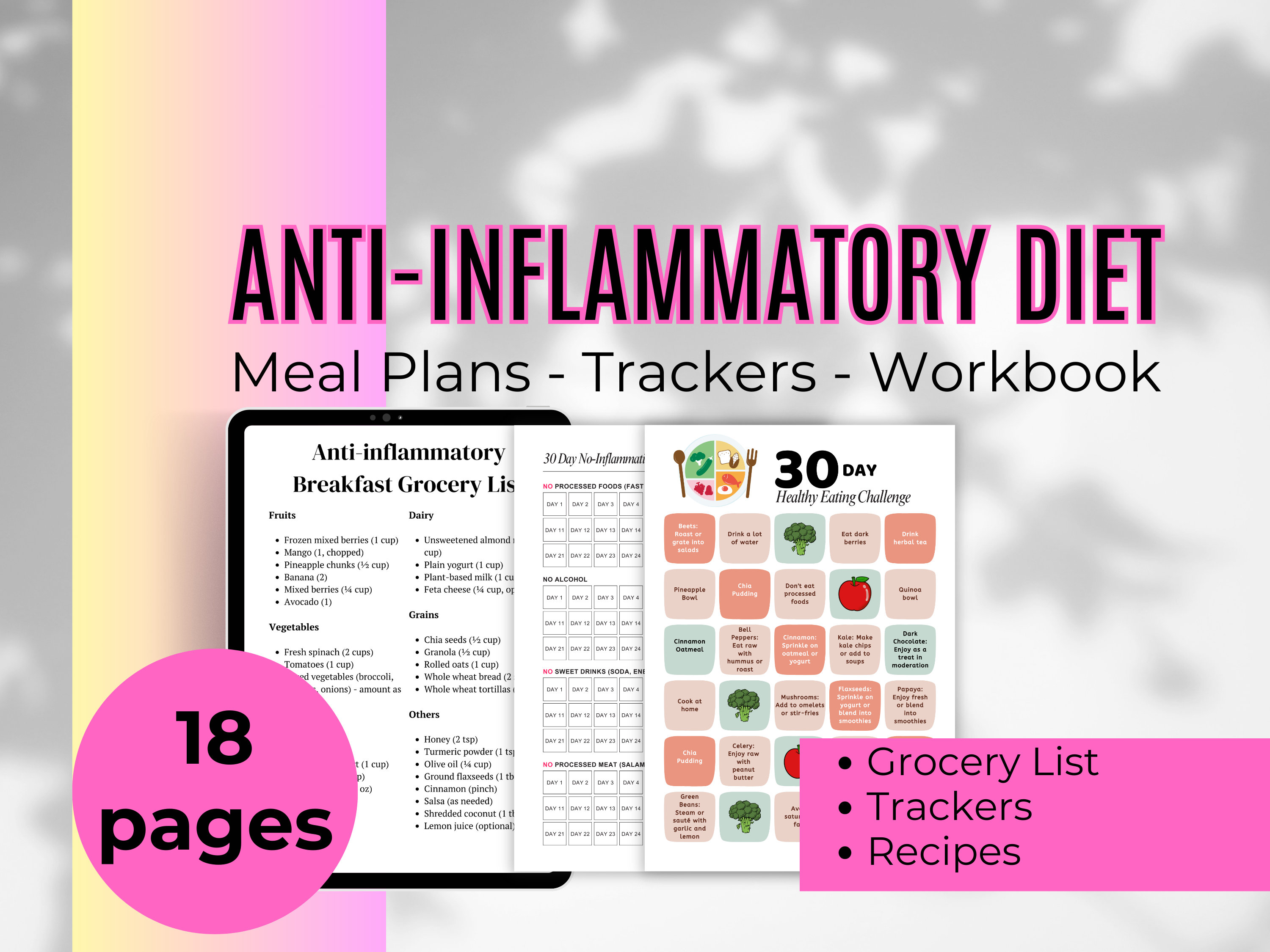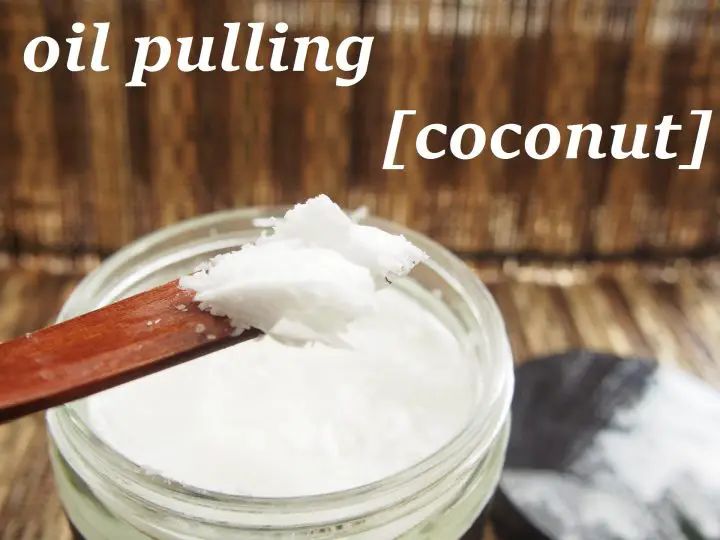If you still don’t have a jar of coconut oil in your kitchen and bathroom cabinets, drop reading this article and go get some! This wonderful oil is so versatile in its benefits and became so popular lately that it can be found almost in every grocery store or online. Conveniently, here is a link for you: Viva Naturals Organic Extra Virgin Coconut Oil is great for oil pulling, hair conditioning, and other uses.
Jokes aside, coconut oil is so universal that you can use it in merely everything, from cooking to beauty routines:
- It is rich in saturated fats (unusual property for a plant oil) which makes it highly resistant to oxidation during heating. It has a high smoke point so it is perfect for frying.
- It is great for skin and hair treatments. Its nourishing formula helps to eliminate dryness and frizziness.
- And, the most amazing part which is, in fact, a topic of this article, coconut oil has anti-bacterial benefits and can fight toxins. Among others, it kills bacteria that cause pneumonia, throat infections, food poisoning, dental cavities and so on. [1]
In one of our recent posts, I mentioned that we are going to write about coconut oil pulling. I’ve tried it since then and got totally hooked. So what is coconut oil pulling all about? Basically, it’s a mouthwash like a procedure which benefits go beyond dental health, affecting the whole organism. The studies [2] have shown that coconut oil pulling could be an effective procedure for decreasing plaque formation and plaque-induced gingivitis. Due to coconut oil’s ability to pull the bacteria and toxins (that’s where the “pulling” term comes from), it might be a good idea to have 1 week of daily rituals every couple of months in order to whiten the teeth, refresh mouth breath and improve the overall health.
Here is a short summary of things to not forget if you decide to try the coconut oil pulling:


- 2-Week anti-inflammatory meal plan.
- 45 Foods that Cause Inflammation
- 31 Things to Avoid on Food Labels
- Grocery Lists. Challenges. Symptoms Tracker
WHAT: coconut virgin oil, 1 tbs
HOW: swish it around your mouth for 20 minutes
WHEN: in the morning, on an empty stomach, for at least 1 week
DON’T: spit it into the sink to avoid clogging
DO: brush your teeth as usual, at least twice a day
You can also use DIY oil pulling tablets, to make the process less messy.
The procedure is similar to a mouth rinse, however perhaps not as intensive since you will be doing it for 20 minutes, so save your energy to last through. Normally one tablespoon is advised, but as the amount increases when you start swishing due to generated saliva and accumulated microbes and toxins, it might be wise to start with a teaspoon.
Which oil to choose? Of course, we recommend coconut oil for its anti-bacterial properties and a pleasant taste. However, in case you are allergic to coconut oil, do try other oils like sunflower or sesame.

If you are interested, what dental professionals have to say about oil pulling, check out the following article or this interesting interview with Dr. Gregg Lituchy on Byrdie, and of course consult your GP or dentist for further advice.
After trying it out myself several times, I decided to set a 1-week challenge of coconut oil pulling. I am very excited about it and will keep you posted on the results. Stay tuned!
References:
[1] B. Fife, The Coconut Oil Miracle: Use Nature’s Elixir to Lose Weight, Beautify Skin and Hair, Prevent Heart Disease, Cancer, and Diabetes, Strengthen the Immune System, Fifth Edition. – Avery; 5 edition (December 3, 2013), 304 p. ISBN-10: 1583335447
[2] Peedikayil, F. C., Sreenivasan, P., & Narayanan, A. (2015). Effect of coconut oil in plaque related gingivitis — A preliminary report. Nigerian Medical Journal : Journal of the Nigeria Medical Association, 56(2), 143–147. http://doi.org/10.4103/0300-1652.153406
Disclaimer: The contents of this website are for informational purposes only and do not constitute medical advice; the content is not intended to be a substitute for professional medical advice, diagnosis, or treatment. Always seek the advice of a physician or other qualified health provider with any questions you may have regarding a medical condition.






